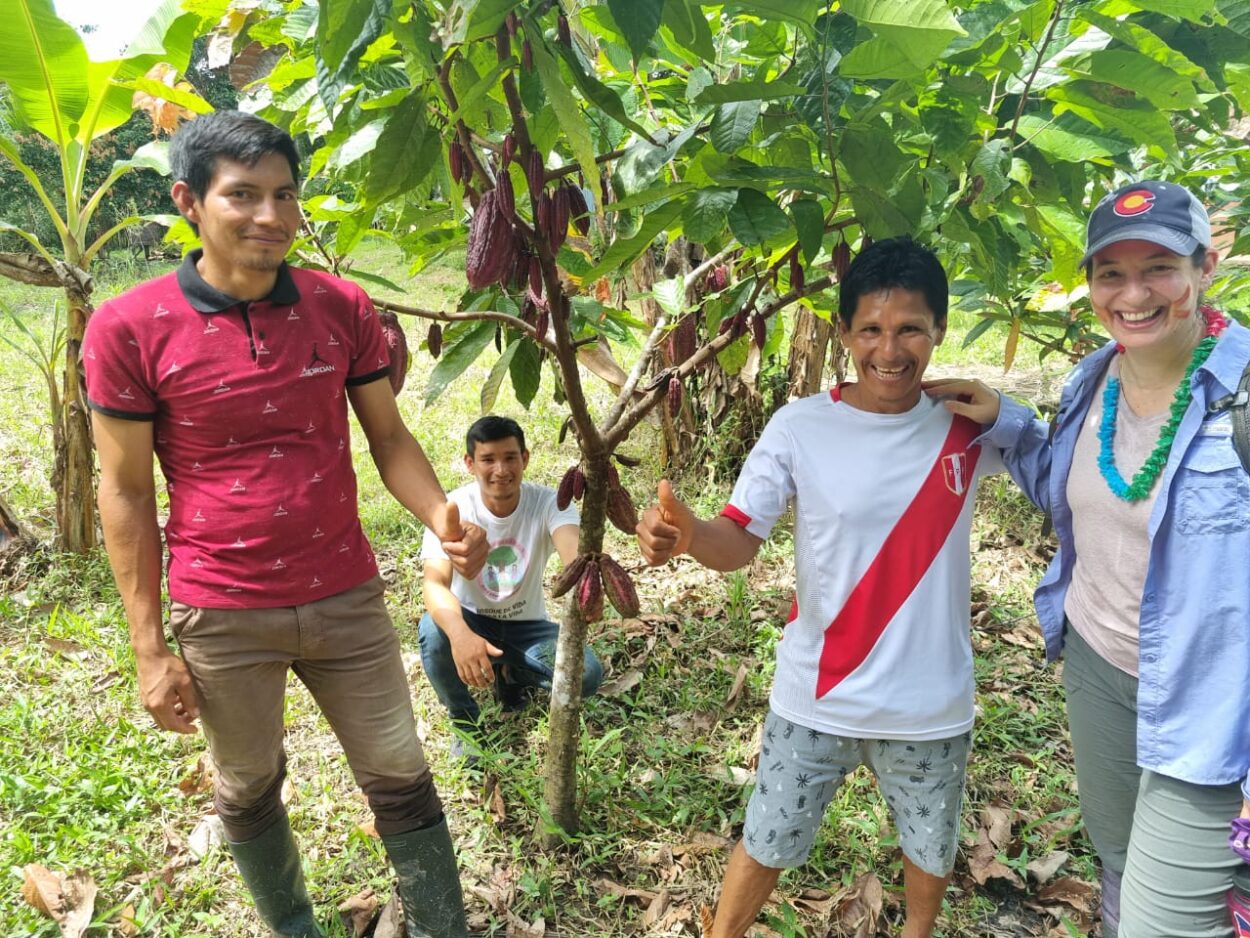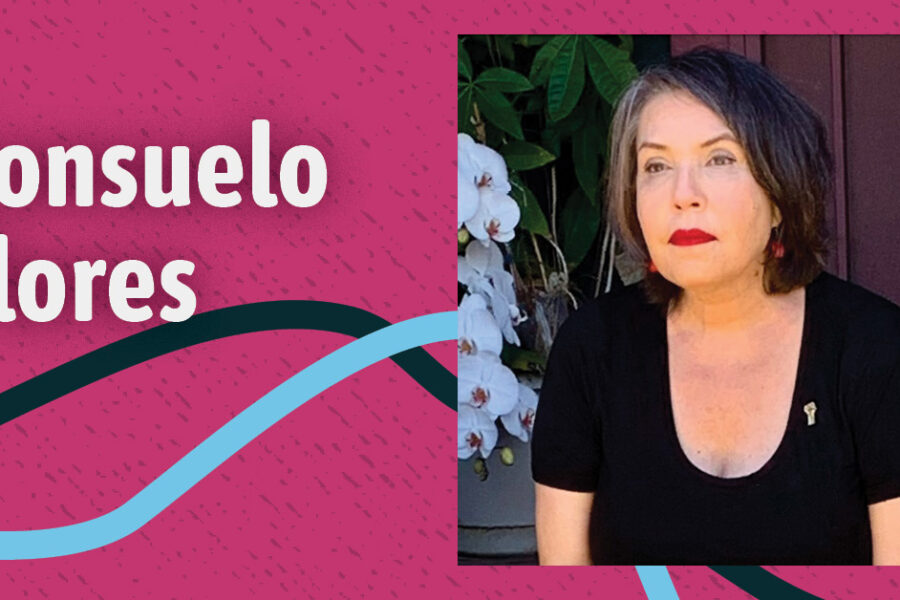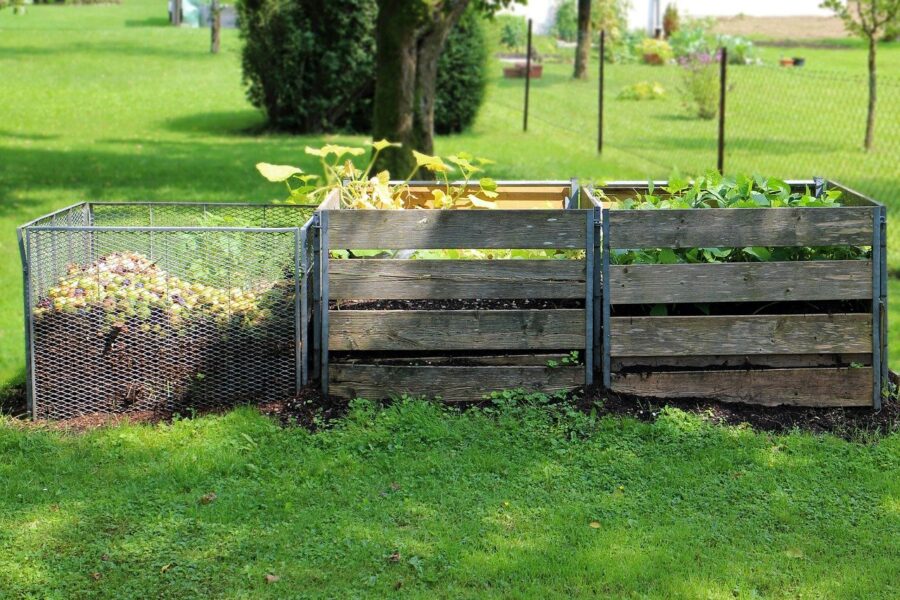Megan McDaniel ‘20 first traveled to the Peruvian Amazon in 2014. At the time, she was a high school science teacher, and she went for a ten-day professional development program with The Morpho Institute called Educator Academy, which places educators in service to local schools and communities. They painted kindergarten and school kitchen buildings and refinished the school’s desks and chairs. Now, several years, several trips to Peru, and an MS in Environmental Studies later, she’s the Executive Director of a nonprofit conservation organization Conservación de la Naturaleza Amazónica del Perú (CONAPAC).
The community where she originally did the professional development/ service work was a CONAPAC community that partners with the organization in an effort to preserve the rainforest on the Amazon and Napo Rivers in the state of Loreto, Peru. Its mission is to promote the conservation of the rainforest through the education of its stewards, and its central project is the Adopt-A-School program, in which every student, teacher, and school in each partner community receives school supplies for the year. In addition, CONAPAC offers environmental education workshops for educators and various training opportunities for community members. The organization takes a multifaceted approach. Programs include building water filtration systems, conservation education in village schools, a supplemental meals/ school kitchens program, and a sustainable development program that helps to develop sustainable crop systems and connect growers with buyers. Visitors to Explorama Lodges, under which CONAPAC was founded, can also participate in service and sustainable projects in the partner river communities. In all of its programs, CONAPAC strives to be community based and non-prescriptive. Partner communities fulfill their obligation to the programs by promising to conserve their natural resources, protect their forest lands from commercial logging, and ensure children have encouragement to complete their education.
Complex Dynamics, Economics, and Ecosystems

When McDaniel first began working in the area she became aware of a personal misconception that she believes to be fairly common; the impression that the Amazon is a place bursting with threatened flora and fauna that must be preserved for the good of the planet. But through connecting with local communities and individuals, she realized that the mission to preserve the Amazon is also about preserving human ways of life that have existed for thousands of years and that the ability of traditional lifestyles to thrive has inevitably been compromised by a variety of factors including government policies, pollution, exploitation of resources, and destruction of land by developers and others with economic interests. Going into other countries to help native peoples steward their own land is by nature quite a tricky and controversial undertaking. McDaniel acknowledges the complexity of the situation and her position there as a foreigner in a position of influence.
“I would be remiss not to recognize that I am a white, US-born woman at the helm of an organization that employs local Peruvians and works in rural and Indigenous communities,” she says. “I would love it if, in the future, this organization was led by a Peruvian, ideally someone born and raised in a partner community.” Her ambivalent yet hopeful outlook on this dynamic applies also to any nonprofit or NGO organization based internationally. “I keep this awareness at the center of my work ethic,” McDaniel says, “doing my best to ascribe successes and accomplishments to our communities and the rest of the CONAPAC team.”

McDaniel is committed to learning from and working with and for the Amazon river communities. Her experiences in Peru and her coursework at Antioch, which largely focused on the region as a case study, have opened her eyes to the harmful ways approaches to rainforest conservation have been historically steeped in colonial idealizations and erasure. “The people who live here deserve every right to continue to live in the way that they deem best for themselves, without the fear that their land, their resources, or their livelihood are going to be stripped away, and secure that their children will grow up healthy and happy, able to make decisions for themselves as to how they want to live as well,” she says. “Our partner communities, the people who live within them, are the first line of defense in conserving the forest. I have the utmost respect for each one of them.”
One of her goals is to continue expanding CONAPACs partnerships with other organizations that have similar missions. She’s observed that community-based work is often placed on the shoulders of small organizations with limited financial resources and reach, and she envisions a more effective, influential way forward in merging resources.
Transitioning from the Classroom to the Rainforest Classroom
McDaniel’s experiences with nature-based education in Peru catalyzed her decision to make a shift from a career in public education to one in international conservation and education. She didn’t want to leave teaching, but she saw an opportunity to impact lives and the world in a different way, which is what brought her to Antioch. To pursue this new path, she needed further education. “I chose Antioch because of its social justice stance,” she says. “During my program at Antioch, I kept CONAPAC in the foreground, applying the organization throughout my schoolwork.”
She planned to do her internship with CONAPAC, but the pandemic nipped that plan in the bud. To her delight, after she graduated, the organization’s board of directors invited her to Peru for a 4-month residency, during which she shadowed CONAPAC staff and assumed some administrative duties. That time was transformational for her.
“This experience began solidifying the recognition and importance of humanity that I had begun to see as missing in our collective thinking about the Amazon: the people who live there; the rural and Indigenous communities,” she says. “I first noticed this tug of conflicting thoughts during my first trip to the Amazon in 2014. Then, during my residency, I had so many fortifying experiences with the people and the communities in a way a simple visit to the forest doesn’t allow. I walked in the literal footsteps of community members as they traveled to and from their chakras (farmland), I met teachers and community leaders and talked with children who are at the heart of our work, I was present at the celebration of a clean water filtration system, and I was fed at family tables food that community members shared lovingly with me.”
As it turned out, CONAPAC was looking to fill an administrative position. After completing the residency, McDaniel was offered a three-year contract as Executive Director. Lovingly, she accepted.





